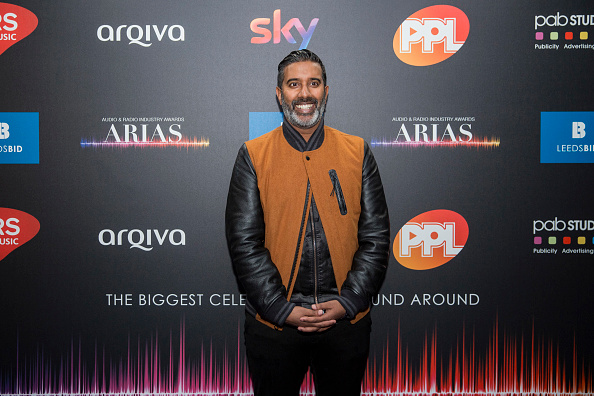
NIHAL Arthanayake, a BBC Radio 5 Live presenter, expressed his distress at the “overwhelmingly white” work environment affecting his mental health.
Speaking at a journalism diversity conference yesterday (29), Arthanayake highlighted the lack of diversity in his workplace, noting that the absence of representation was troubling.
He mentioned colleagues responding defensively when he brought up the issue, stressing the importance of understanding beyond a denial of racism.
He revealed that the culture had driven some individuals to leave the organisation, stating that conformity to a specific persona was often required for career advancement.
Arthanayake said: “I’ve seen a lot of people leave this building because they couldn’t deal with the culture.”
He went on: “The hardest thing is to walk into a room, look around and nobody looks like you.”
He also pointed out the absence of Muslim representation in senior editorial roles at BBC Radio 5 Live, stressing the challenge of walking into a room where nobody looks like you.
The presenter shared these insights during an interview at the Journalism Diversity Fund (JDF) conference, organised by the National Council for the Training of Journalists (NCTJ), which awards bursaries to aspiring journalists from diverse backgrounds.

Arthanayake noted a shift in his experiences since moving to the north after two decades in London, highlighting instances of offensive language.
Cheryl Varley, a BBC Radio 5 Live producer, acknowledged the organisation’s commitment to addressing diversity issues in newsrooms.
Speaking to JDF bursary recipients, she emphasised the BBC’s need for diverse talent to better represent its audience.
In response to the concerns raised, a BBC spokesperson stated: “We want everyone who works at the BBC, and those considering a career with us, to know we are focussed on creating an inclusive culture where everyone feels they belong.
“We believe we should be setting the highest standards on diversity, and we recognise that there is still more we could do, therefore we have clear plans in place to improve the diversity of our workforce.”